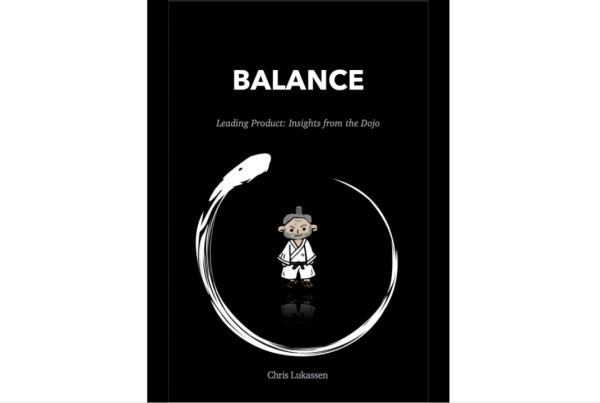Back in 2016, with two daughters in university and my son debating what program to enroll in, I wrote an article titled Dad, what degree should I get? in which I shared my best advice on this with them and other young people. I followed up a few months later with a second article titled Ten things young people should remember when they graduate. I offer today the third article in this series.
I was asked during a virtual event at work last week if I had ever had a career plan. As shocking as this may sound to some people, I don’t have one now, and certainly never had one when I was younger. Shorter term objectives and tactical goals? Certainly. A master plan or great career blueprint? I’d be lying if I said I did.
As I recounted in one of the articles mentioned above, I bounced around for a while at the beginning of my career. I ended up in the financial services industry mostly by chance and was carried forward from there by the dual forces of necessity and opportunity. I’ve discussed opportunity previously – how you sometime create it and how it sometime feels more, in the moment, like disaster than opportunity. Today, I would like to focus on necessity.
“Necessity”, the saying goes, “is the mother of invention.” It’s a very subjective notion of course, as different people, given the same facts, may reach very different conclusions as to what is necessary and what is not. As a result, it would be more accurate perhaps to speak of perceived necessity. Be that as it may, my wife and I had three children while still in our twenties. She decided to stay home in order to care for them – a very personal decision – and I took on the responsibility of providing for the five of us.
For the younger me, in his twenties and facing those kinds of responsibilities, the main career aspiration was very basic: to have a nice, stable job with a regular paycheck. I’d love to say that I experienced my burgeoning career as a true calling; that I was motivated by the intrinsic appeal of my work and that I found inspiration back then in a higher sense of mission and purpose. But if I ever did think of things in such terms back in those days (and I honestly can’t say if I did), those would have been second- or third-order considerations at best.
Now don’t get me wrong: I did not dislike my job. In fact, I really enjoyed many aspects of it. I also thought that I had potential, that I could eventually achieve a reasonable measure of professional success. But that was more of a long-term aspiration, much higher up on Maslow’s pyramid than basic day-to-day concerns such as paying the rent or buying groceries.
If you’re endowed with the brain chemistry that I inherited, you can often find yourself fretting over things. Back then, I would spend hours every week going over our meagre finances. I would then lie in bed at night thinking of what would happen to us if I lost my job, died, or suffered any kind of disability. My priorities back then were crystal clear to me.
The first twelve years or so of my career are mostly a blur of long evenings at work, flights and airport lounges, and making excuses as to why I wouldn’t be home for dinner or why I’d be missing the children’s play at school. I can hear some readers thinking: “What poor choices. Children need their dad more than they need a provider.” Well, perhaps. It’s easy for all of us, in hindsight, to say: “I should have done this” or “I should have done that”. But when you’re not sure, in the moment, that the necessities can be taken for granted… Ridiculously long hours? Continuous traveling? You do what you have to do so that your family will be OK.
Over the decades, the weight of necessity – whether real or perceived – has given way, in my own outlook, to a more expansive view of professional purpose. As our children have gotten older – two have now graduated from university and one is a few months away from doing so – the pressure of duty has gradually let off, to be replaced by more aspirational views. Perhaps that’s just in the order of things.
As for that great career blueprint… It may be comforting to some people, as they get older, to think that everything worked out for them just as they had planned; as it may also be comforting, in one’s youth, to believe that one’s life will unfold according to a meticulously drawn plan. But for me, looking back on the past three decades, I would have to agree with 19th century philosopher and psychologist William James, founder of the school of pragmatism:
“We grope and feel our way along step by step, trying out and sticking to what works and dropping what doesn’t. […] Once we get to our destination — and this is true whether it’s an office building or the truth of a proposition — we can retrace our route on the map and say, “Here’s how I got here.” But as with most of life, James would argue, how we got there was never according to plan. The journey unfolds instead through a series of deliberate choices, based on what we know has worked in the past and what we think will work now.” *
There’s something noble, I think, in being able to look back and honestly say: “I did my best”. Unsure in hindsight about some choices you made in the moment? Wondering if things could have turned out better, or just differently?
What if you’re just asking the wrong question?
* Herman, Arthur. The Cave and the Light: Plato Versus Aristotle and the Struggle for the Soul of Western Civilization. New York: Random House, 2013, pp. 529-530.



